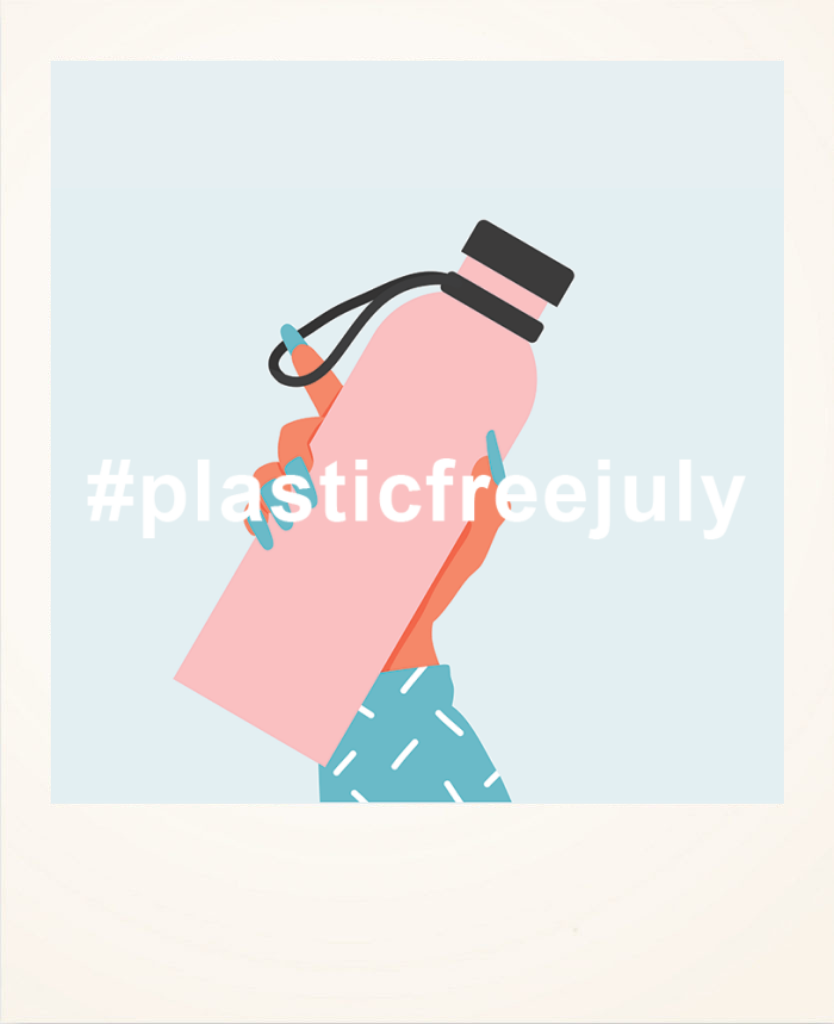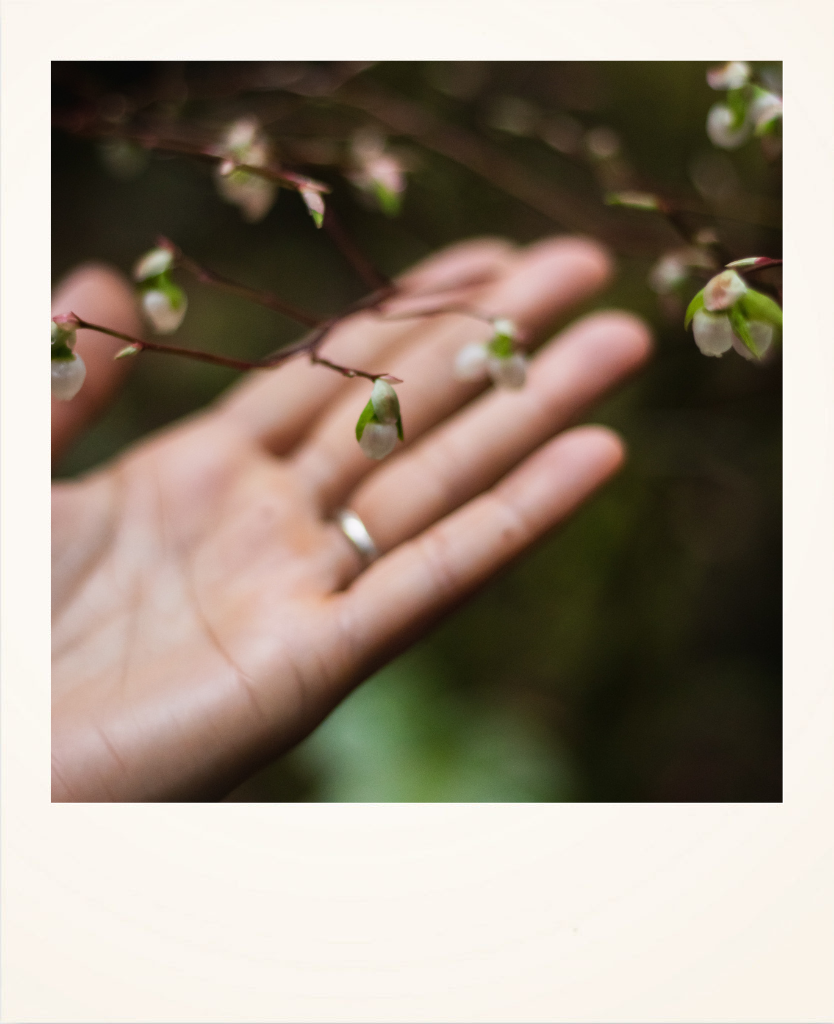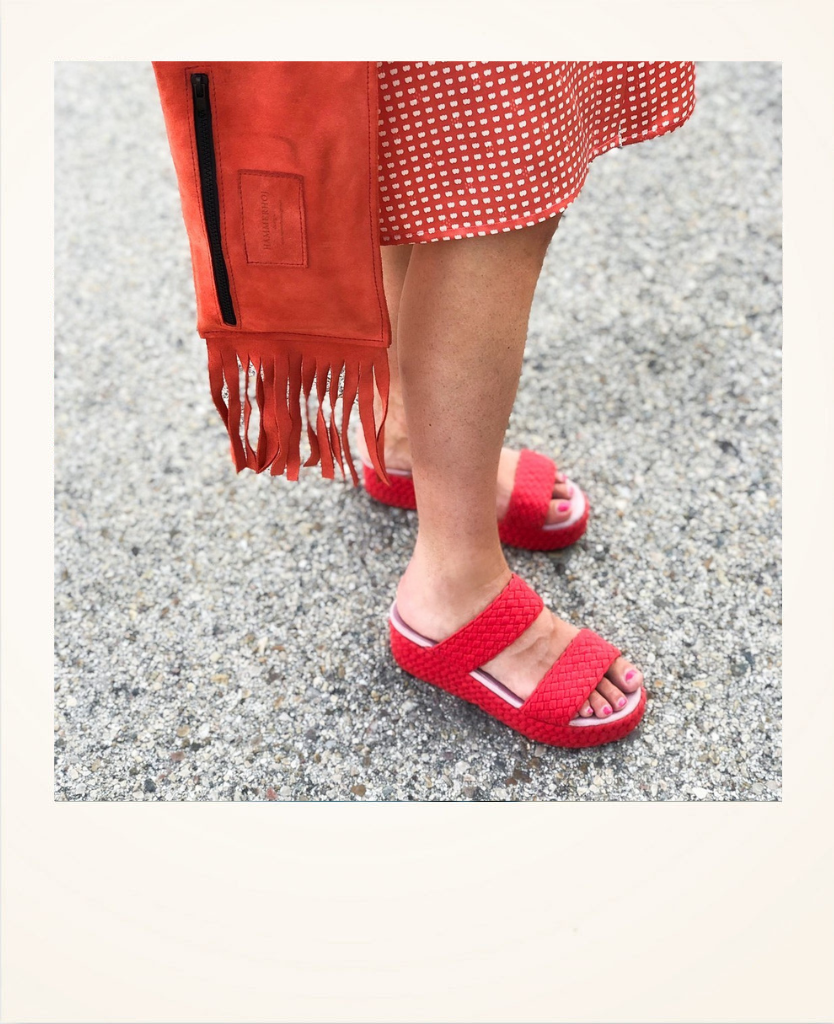The modernization of our society has seen the emergence of cheap, easy-to-manufacture, and equally easy-to-dispose materials. One of the most widely used materials today is plastic, specifically single-use plastic. But did you know all the damage that continued use of this material can cause?
- 50% of all plastic produced (380 million tons per year) is made to be used once and then thrown away.
- Ten million tons of water are dumped into the oceans every year. That's more than a garbage truck load every minute.
- By 2050 there will be more plastic than fish in our oceans.
- Less than 9% of all plastic used is recycled.
https://plasticoceans.org/the-facts/
#PlasticFreeJuly is a global movement focused on a personal challenge. The idea is for each person to choose a single-use plastic and avoid using it for at least that month: plastic bags, plastic bottles, straws, food containers... It may not seem like much, but if every person in the world committed to doing this, we can't tell you what a difference it would make on a global level. An argument you've probably heard a lot is that change doesn't happen at the individual level but at the systemic level. And while it's certainly true, collective individual change can drive and pressure change to become systemic. If not, just look at plastic straws: when was the last time you were given a plastic straw in a restaurant? So, what we do at the individual level matters. Don't let anyone tell you otherwise!
The good thing about single-use plastics is that most are easy to replace with much better and more durable sustainable alternatives. You've heard this a thousand times, but one very useful thing we can all do is carry a reusable bag with us at all times. That way, when you go to the supermarket or run a quick errand, you'll always have a bag handy. Nowadays, you can find a thousand gadgets that will make your life easier when looking for sustainable alternatives: reusable bottles, stainless steel straws, beeswax food wraps... And as for clothing, our advice is to opt for brands like Momoc that use recycled materials to make their clothes to avoid creating unnecessary waste.
Did you know that the scale print on the Saumon Mer ballerinas is made with a fabric based on plastic bottles found in the sea? Thanks to Seaqual, each pair we produce equals one less bottle polluting the oceans. Seaqual is an initiative that seeks to challenge plastic pollution by cleaning the oceans of marine litter and driving society toward sustainability. It is a unique collaborative model involving NGOs, fishermen, and local communities, as well as researchers, scientists, and private companies, who together aim to clean both the bottom and surface of the oceans, rivers and estuaries, beaches, and coasts.
Using less plastic in the world we live in can sometimes be almost impossible, but starting with a small gesture is within everyone's reach. If you're interested in participating in #PlasticFreeJuly, we encourage you to visit the official website www.plasticfreejuly.org and join the challenge.
<iframe width="560" height="315" src="https://www.youtube.com/embed/ByayHG5CscE" title="YouTube video player" frameborder="0" allow="accelerometer; autoplay; clipboard-write; encrypted-media; gyroscope; picture-in-picture" allowfullscreen></iframe>



